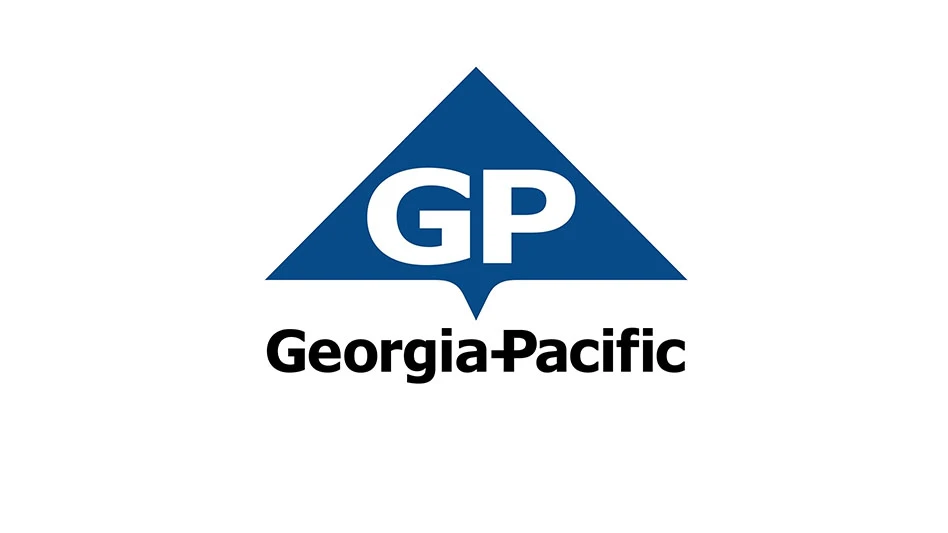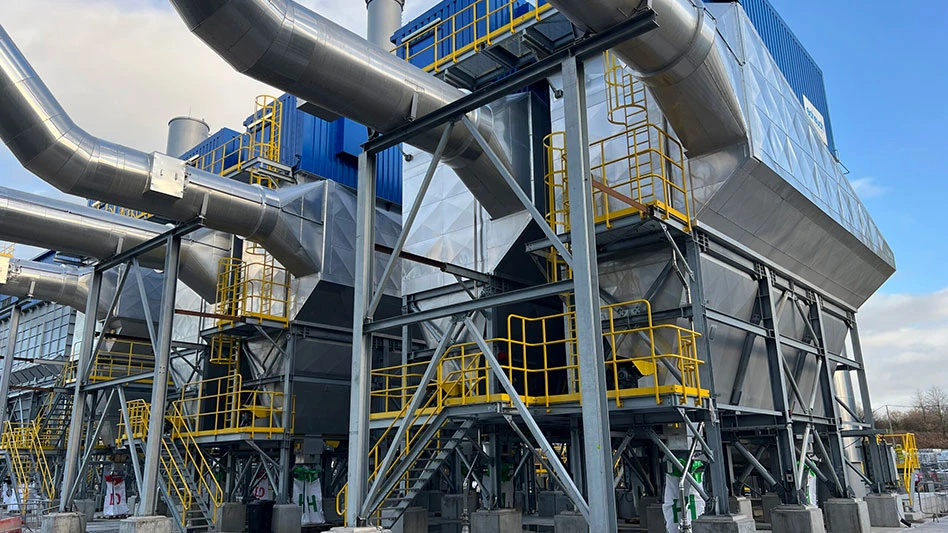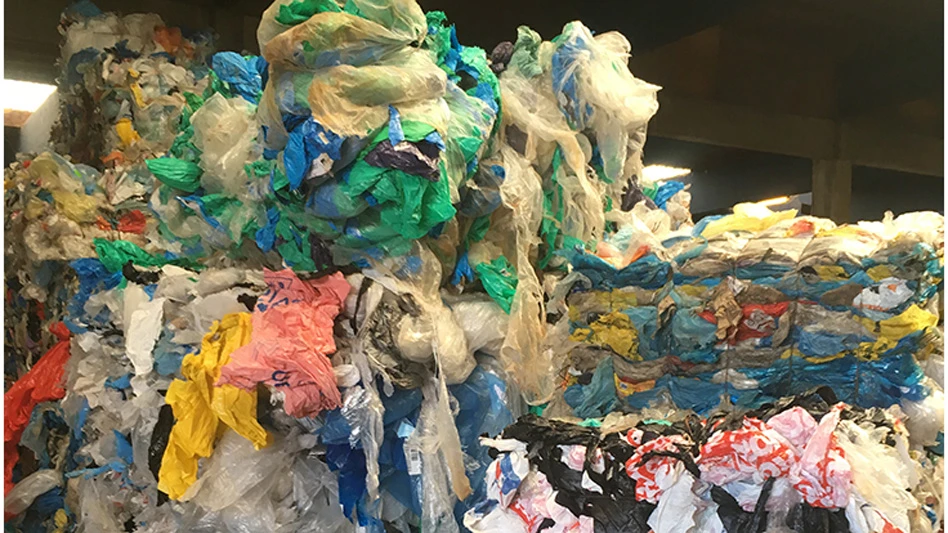Ray Barry has been a member of the board of directors of the National Association for Information Destruction (NAID), Phoenix, since 2006. During that time, he has participated on the association’s public relations and membership committees and served as NAID secretary from 2008-2010. As president-elect of NAID, Barry will become the association’s newest president at the NAID 2011 Conference and Expo in Orlando March 18-20.
Barry’s role as president of Spartanburg, S.C.-based Total Training Services, the company behind Shred School and one of the companies under the Longleaf Holdings umbrella, makes him a recognizable face within the industry. This role also gives him a unique perspective into the operations of startups and established companies alike. In addition to his role with Total Training Services, Barry serves as vice president of sales and marketing for Total Product Destruction, another company under the Longleaf Holdings umbrella. In this role, he gets to practice the sales advice he preaches to Shred School students.
As Barry prepares to take his post as NAID president, he tells Storage & Destruction Business Editor DeAnne Toto about some of his goals for the year ahead as well as the opportunities and challenges he sees ahead for secure information destruction professionals.
Storage & Destruction Business (SDB): What are your goals for NAID as you prepare to take the presidency in 2011?
Ray Barry: I think we have a lot of momentum that has been building over the past five years. My main responsibility as the president is to keep the momentum building and figure out ways to advance the industry. I’ve always been committed to growing the industry, both with our businesses (the former Shred First LLC and Total Product Destruction) and by helping other businesses. What better way to grow this industry than to be active on the NAID board.
We as a board will be looking to further update the sales tool box for all NAID members. What other tools can we develop to help our members grow their businesses? We’ll also be looking to promote the compliance tool kit that is available to all NAID members. We have a video that is about to come out that will help active members go out and be a resource for clients, training their employees on how to handle sensitive information. We need to keep coming up with new tools like those.
SDB: What do you find to be the most challenging aspect of being involved with the NAID board? The most rewarding?
Barry: I think the most challenging aspect is budgeting my time. It is a time-consuming commitment. I don’t know if everyone realizes how much time people on the board put in trying to help the industry and their fellow members. However, I suggest everyone get involved with NAID in some way, whether it is on a committee or a subcommittee.
The most rewarding aspect is getting to know NAID members and the people I’ve been on the board with for the last five years. I’d also like to give a shout out to the NAID staff. I’ve had a great time getting to know Bob (Johnson, NAID CEO), Dustin (McKissen, NAID deputy CEO) and the crew at the NAID headquarters.
SDB: What NAID initiatives are you most excited about as the association embarks on a new year?
Barry: What comes to mind first is the customized insurance program that is much needed in the industry. (NAID has launched a member-owned and member-run insurance company that is designed to help members address their clients’ growing indemnification requirements related to new regulations. “It is an ambitious plan; but, when successful, members will be controlling their own risks and setting their own premiums,” NAID CEO Bob Johnson wrote in a column that appeared in the May/June 2010 issue of SDB.) There is also a video that will be available at the end of January that is going to help active members become a resource for their clients and perceived experts in the market place. It will help them train their clients’ employees on proper document disposal and the importance of a written document destruction and disposal policy.
NAID will also be debuting a new website that will help drive traffic to NAID member sites and be a good lead generator for members. That will debut in the first quarter of 2011.
SDB: To what extent do you think regulators and corporations understand the need to properly destroy information? What about the average person?
Barry: I think that the benefit to people who are in the industry now compared to people who were in the industry as little as five years ago is that corporations and regulators are more aware about the need to properly destroy information.
Especially when I first got in the industry in 2000, destruction professionals had to spend a lot more time educating the market as to why they needed to destroy information. Now, every night on the news in Anytown, USA, there is a story on Dumpster diving. People are more aware of the implications of sensitive information falling into the wrong hands. More corporations understand the importance of safely disposing of documents. The No. 1 implication for a lot of corporations is the PR nightmare that will result, which is more damaging than any fine. The average person is more aware of the issue because they are watching the news. They may not know about the legislation, but they want to protect themselves from ID theft. And that is exactly what we do.
Thanks to NAID’s leadership, corporations are definitely more aware of why they need to properly destroy information.
SDB: How can companies meet the challenge of marketing to unvended prospects that perform destruction in house or do not understand the importance of properly destroying information?
Barry: I think the best way is to subscribe to [the concept of] teaching to the market not selling to it. A lot of people fall into trap of trying to push their services or sell to someone.
Education opportunities are out there. Provide lunch and learns for different vertical markets. Take advantage of speaking engagements and writing articles for local business publications. All of those things will meet and exceed your prospects’ expectations.
There are multiple reasons why these companies and individuals need to outsource information destruction. NAID put out a great brochure about a year-and-a-half ago detailing these reasons. What I always tell business owners if they run across someone not being vended is that if we have the right process in place and do a good job of educating them, it is easier to turn them into long-term clients. Unvended companies need to be sensitized to the possible issues first. The biggest hurdle is to sensitize them on why they don’t need to do this in house. We need to do more education on what the implications are if sensitive information falls into the wrong hands.
SDB: Could further information protection legislation help make clients out of this population?
Barry: Yes, I really think it could as far as state legislation is concerned, especially if we see more laws like those in Georgia and Texas (which call for the burning, pulverizing or shredding of documents that contain personal data).
And all extenders of business credit have to adhere to the Red Flags Rule (under the Fair and Accurate Credit Transactions Act, or FACTA).
If there is further information protection legislation or if they tighten the screws on existing legislation, it could only help make clients out of that segment.
SDB: Do you think the residential market holds much promise for destruction firms? What, in your opinion, is the best way to serve this market?
Barry: I would say, yes, there is some promise for destruction firms in the residential market. I’d preface that by saying that companies for the last five years or so have been trying to figure out how to best service this market. When I think of residential, I think of the Shred Station folks. I think that is the best way to service that market because you don’t want to bring shred trucks into residential neighborhoods.
Some better ways to service this market are to use the smaller trucks in your fleet or a collection vehicle, bringing the documents back to your plant for destruction. Drop-off points or depots can also be a good solution—partnering with a UPS Store or Mailboxes Etc. store and setting up joint program with them.
SDB: What advice do you have for NAID members regarding HITECH and the effect it will have on their businesses and the industry as a whole?
Barry: I think it will have a huge impact on the companies that educate their markets well. The ones that sit back and react, it’s not going to have that much of an impact. The ones that are proactive and who do a good job of training their clients’ employees and who act as a resource to their clients, providing education opportunities to their markets, it will have a huge impact on them.
NAID members have to be compliant as well. They need to make sure they have all the necessary security precautions in place internally so they can show their clients how they treat security.
Customers are looking to their destruction firms for guidance. If you act as a resource and not just someone trying to make a sale, it will have a positive impact.
SDB: What do you feel will be the biggest challenge for the information destruction industry in the year ahead?
Barry: The biggest challenge is keeping to the forefront why companies need to properly dispose of information, the security aspect, and not depending on recycling revenue when figuring out how to customize a proposal for client. Educating the market is the biggest challenge.
Don’t discount your service because the paper market is high. It is a variable revenue stream that can go away at a moment’s notice. Once you discount your services, you can’t go up from there.
Rebating your clients based on paper sales is a slippery slope. …A rebate program looks like a glorified recycling program.
What we are really selling is an insurance program for a business. Most of the time you don’t have to cash in on insurance and you don’t get a rebate from them. We are more of an insurance industry than a trash or recycling industry.
Latest from Recycling Today
- Huber+Suhner expands sustainable packaging usage across fiber optic portfolio
- Lummus Technology invests in tire recycling solution from InnoVent Renewables
- WM plans $88 million recycling facility redevelopment in Florida
- Nonferrous markets start 2026 in dramatic fashion
- Novelis names chief operating officer
- Cards Recycling, Live Oak Environmental merge to form Ecowaste
- Indiana awards $500K in recycling grants
- Atlantic Alumina partners with US government on alumina, gallium production





